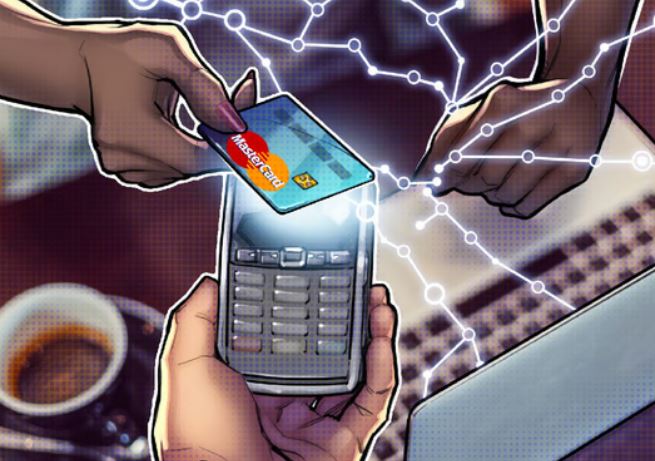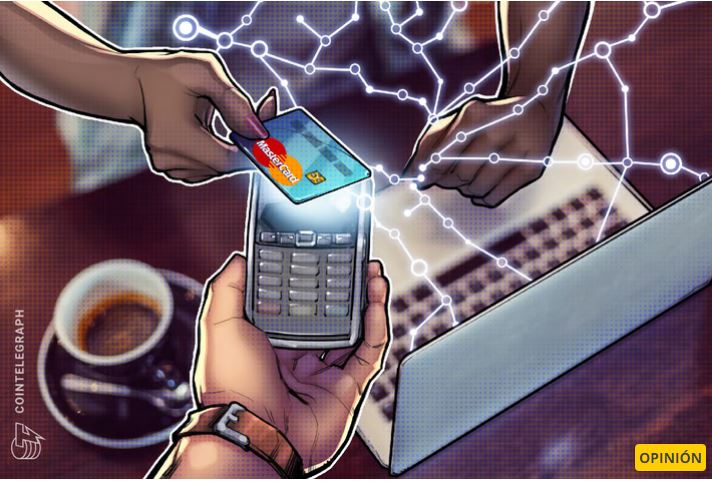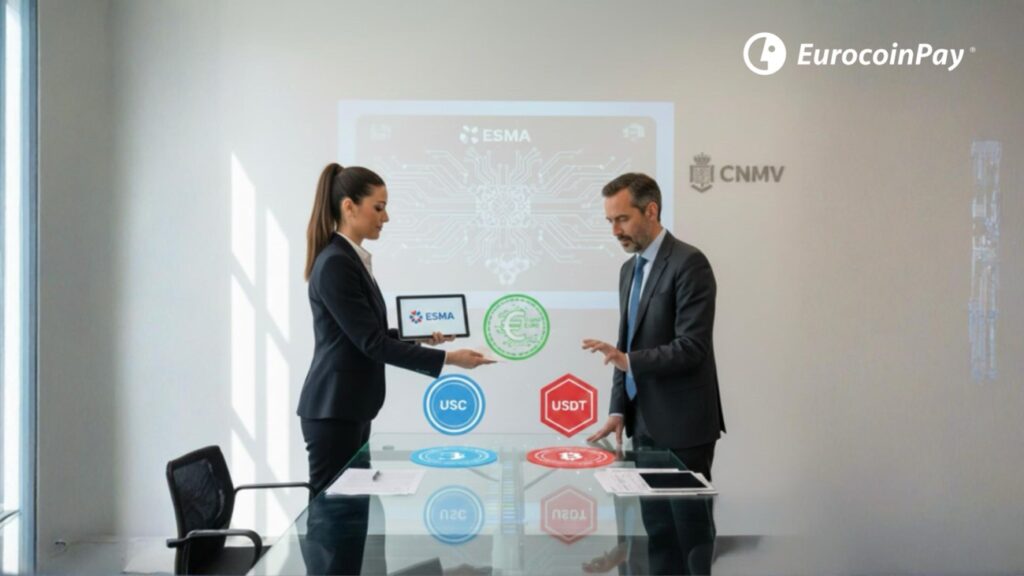The Future of Payments study identified three specific areas that they believe will define the way we buy, sell and interact between now and the end of this decade and beyond.
Mastercard last month presented its study called The Future of Payments, which explores nine trends that they believe will shape “The Next Economy“.
Within the report they focused on three specific areas that they believe will define the way we buy, sell and interact between now and the end of this decade and beyond. These three areas are: reimagining money, or how the use of money is being redefined by the emergence of non-traditional assets; smart experiences, which addresses the intersection of the physical and virtual worlds; and sustainable futures, which shows how purposeful consumption impacts product design and the value of a company.

That said, the nine trends within each area are as follows.
Reimagining money
Tokenisation: According to the published study, the notion of money continues to evolve to encompass more tokenisable assets, including points, loyalty, data, rights and new currencies. Therefore, extending this technology to real assets will, over the next five years, transform the idea of value and what we use to pay.
Programmable payments: Artificial Intelligence, smart contracts, APIs and other solutions will come together to simplify commercial payments. New ways of programming payment flows will inject efficiency into the economy, they explained, and this will result in reduced operational costs.
Ubiquitous wallets: For Mastercard, the next generation of digital wallets should make it possible to manage our identity and finances, including tokenised securities. They say the “super wallet” of the future will become the command centre of our daily lives, allowing us to access services and payments in any channel.
Smart experiences
Connected finance: Within this point, the study highlighted that just as omni-channel retailing transformed the way we shop, new technologies are expanding the ways we pay in shops, stadiums, stations, metaverse, etc. Thus, the instantaneous ability to access financial services at scale will allow consumers to bank and pay from anywhere and through any channel.
Borderless payments: Payment networks are expected to eventually break down the physical and digital barriers that prevent the exchange of goods, services and data across markets. In this regard, by the end of this decade, Mastercard said that cross-border payment interoperability will be a fact of life.
Acceptance unleashed: POS check-out is undergoing a transformation thanks to new technologies that are multiplying payment options. From Mastercard’s perspective, acceptance options are expected to increase further over the next two years, benefiting merchants and customers in terms of speed and convenience, but also impacting financial inclusion, allowing more people to solve practical issues such as public transport or access to shows and stadiums.
Sustainable futures
Inclusive credit: In the near term, we will see an acceleration of access to credit for the unbanked through banks, fintechs and other digital players, which will drive global economic growth.
Conscious consumption: Consumers will favour companies that are aligned with their ethical, social and environmental principles. They will prefer local companies that meet ESG or Zero Emissions criteria.
Built-in trust: On this last point, due to the rise of fraud and identity theft, the Mastercard study revealed that trust will become the key differentiating factor between companies, with those that earn consumer trust retaining the lion’s share of payment flows.
Source: Cointelegraph
Disclaimer: The information set out herein should not be taken as financial advice or investment recommendations. All investments and trading involve risk and it is the responsibility of each individual to do their due diligence before making any investment decision.




